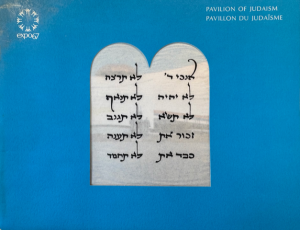Last Friday, Hezbollah leader Hassan Nasrallah vowed that the Lebanese terrorist group’s enemies would only fail “by killing our women, by killing our children, by killing our innocents.”
Nasrallah wasn’t referring to Israel. He was talking about Sunni Muslims in Lebanon.
For much of this year, Hezbollah has poured money and manpower into Syrian President Bashar Assad’s fight against Sunni rebels in Syria, diverting the group from its traditional focus on attacking Israel’s north.
Syria’s brutal civil war has effectively removed Assad’s ability to attack Israel in the Golan Heights. And in Egypt, escalating fighting between the military and the Muslim Brotherhood has taken attention away from complaints against Israel.
Viewing this turmoil, some officials have made what may seem like a counterintuitive argument: that the immense bloodshed forms a favourable climate for the Israeli-Palestinian peace process.
“I think both sides look at what’s happening in the region right now and think, ‘Maybe we’re better off putting ourselves in a more stable situation with each other,’” a western diplomat told the New York Times last month.
There may be some truth to that argument. While there’s an increased chance of terror attacks on its borders, Israel’s foremost enemies are preoccupied with other conflicts. Hezbollah and Assad are engaged in Syria, and Hamas – which governs Gaza – absorbed a blow with the fall of Egypt’s Muslim Brotherhood government in July.
So while Israel will doubtless keep a vigilant eye on those groups, it can turn its attention to peace with the Palestinian Authority, with relatively little concern that cross-border conflict will endanger negotiations.
History shows that the peace talks face long odds, and last week saw complaints from both sides. Some Israelis, government ministers among them, questioned the wisdom of releasing Palestinian prisoners. And Palestinian officials threatened to leave the negotiations after Israel approved new construction in the settlements.
But with the region in crisis, and large-scale fighting against Israel unlikely, the two sides may be that much more ready to cut a deal.






